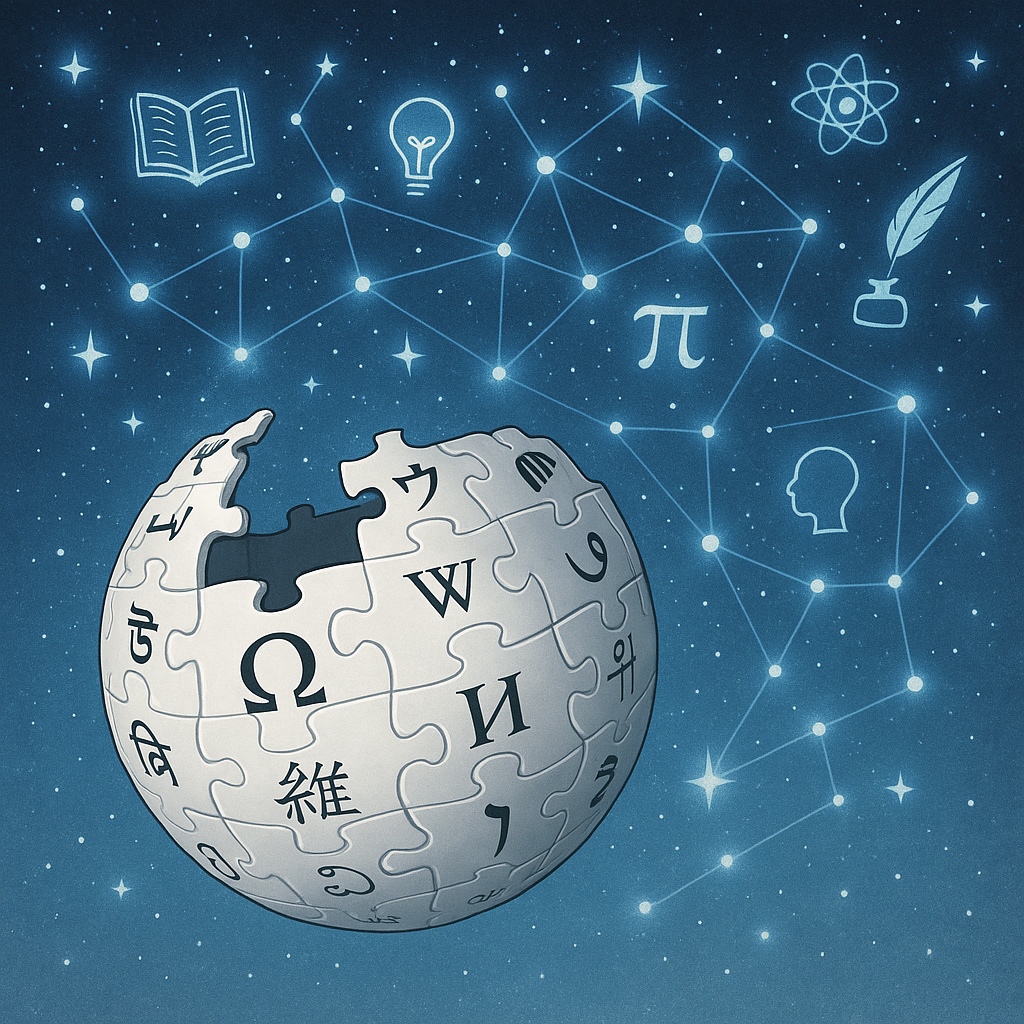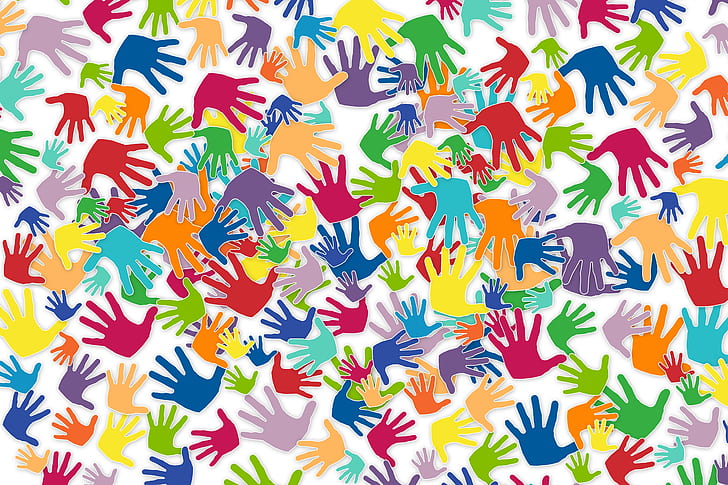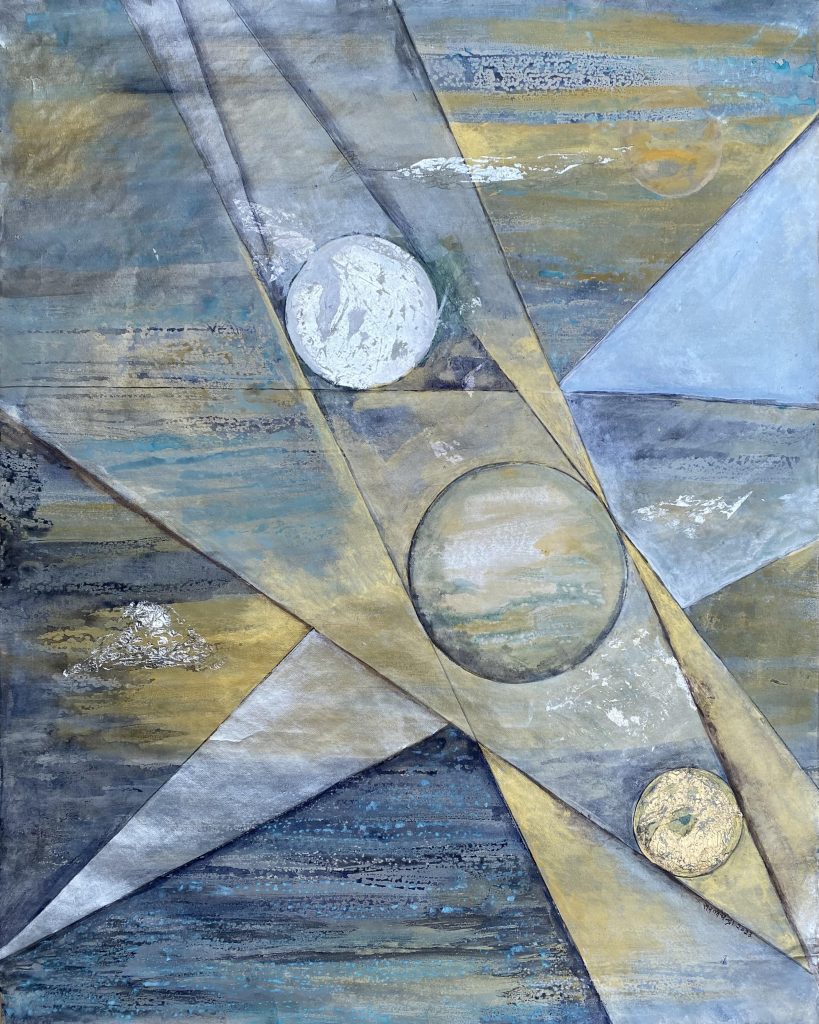Wikipedia | Pioneers of Large-Scale Collaboration
Launched in 2001 as a wild experiment in crowd-sourced knowledge, Wikipedia has become the most expansive, accurate, and resilient encyclopedia in history. This essay reflects on the unlikely success of this self-organizing, volunteer-driven project and what it reveals about intelligence, collaboration, and the deeper evolutionary potential of freely shared knowledge in a connected world.
It’s the year 2000. A friend calls, his voice filled with excitement about a New Millennium idea. Fascinated by the growing phenomenon called the World Wide Web, this friend raves on about creating a nonprofit online encyclopedia, the largest and most expansive ever, but instead of hiring dozens of researchers and editors, he will count on attracting thousands of unpaid volunteers around the world to post articles. As for editing, while there would be a small group of hired editors to take out any offensive or clearly bogus content, the vast majority of editing would also be an undirected free-for-all, with anybody able to edit anybody else’s posted articles. Your friend, getting even more excited, goes on to tell you he expects this volunteer, user-created, digital encyclopedia to gain the status of the esteemed Encyclopedia Britannica, considered the gold standard reference source, which has the budget for hundreds of paid contributors and editors, including over one hundred Nobel Prize winners.
What are the odds your reaction would be something like, “ARE YOU NUTS?” Wouldn’t this virtually unsupervised, unpaid volunteer-generated encyclopedia be a total chaos-filled mess, filled with prejudiced hype and made-up facts? Anyone can place an article? Anyone can edit an article?
To make the whole scenario even more delusional, your friend states his goal to have this fantasy research tool help create “a world in which every single person on the planet is given free access to the sum of all human knowledge.”
Turns out this lunatic idea, launched in January of 2001, now has over fifty million articles in over three hundred languages, is highly regarded, and two years after launching, if your friend in the thought experiment was Jimmy Wales, he was named by TIME magazine as “one of the one hundred most influential people in the world.” His and partner Larry Sanger’s fantasy, “crowd-sourced” Wikipedia, is now accessed every day by more than forty-six million mobile devices and more than twenty-three million users on desktop computers, and its pages have been edited over one billion times.
As for its accuracy, Wikipedia’s science articles were compared to those in the esteemed Encyclopedia Britannica, and found to be at relatively the same level. According to a joint pilot study conducted by Oxford University and Epic, an e-learning consultancy, “Wikipedia fared well in this sample against Encyclopedia Britannica in terms of accuracy, references and overall judgement, with little differences between the two on style and overall quality score.”
Forbes magazine reported, “Perhaps the most interesting finding…is that the more times an article is revised on Wikipedia, the less bias it is likely to show—directly contradicting the theory that ideological groups might self-select over time into increasingly biased camps.”
Kevin Kelly, cofounder of Wired magazine, and one of the most respected chroniclers of AI, was so impressed that he wrote “Wikipedia has taught me to believe in the impossible more often.”
How is this possible? How can such an undirected, chaotic environment where anyone can post an entry (an average of over five hundred articles are added every day) and anyone can edit anyone else’s entries (as of this writing edits have been made to over fifty million entries), with only a skeletal staff of paid editors supervising and removing offensive language and clearly bogus content, become the greatest aggregator of knowledge and wisdom ever created?
Kevin Kelly gets to the gist of how the underlying force of Nature’s symbiotic, mutual benefit pattern can operate when human intelligence and computer intelligence maximize each other’s attributes:
As far as I can tell, the impossible things happening now are in every case due to the emergence of a new level of organization that did not exist before. These incredible eruptions are the result of large-scale collaboration and massive real-time social interacting, which in turn are enabled by omnipresent instant connection between billions of people at a planetary scale.
The phrase Kelly chooses, “…instant connection between billions of people at a planetary scale” is echoed by communications expert Derrick de Kerckhove, Director of the McLuhan Program in Culture and Technology:
The pressure of human minds focusing on the same issues and the self-organizing abilities of the network create a potential for a great unity of purpose. All these organic minds can be assisted by digital media which vastly increase their power of synthesis and classification. The significance of the Web is not that it is yet another distribution system, but that it is a distributed system. The fun and the substance of the Web is in its ability to connect living minds at work in all manner of purposeful configuration. The minds on the Net are connected and they behave like liquid crystal in stable but fluid formations.
We now live in an age where human intelligence, combined with the expanding collaborative platforms generated by AI, are achieving results previously deemed impossible. It’s true that a majority of the most popular websites remain under the control of huge corporations seeking more and more profits and control over users. It’s true that governments in less developed countries are forcefully controlling Web content. Meanwhile, Wikipedia, on the wave of tens of thousands of passionate unpaid volunteers around the world, posting and editing entries within the stated guidelines of N.P.O.V (neutral point of view), has remained one of the top ten most visited websites in the world.
At a deeper level, this is a beautiful example of Nature’s principle of self-organizing intelligence in operation.
In an interview, Jade, one of the Wikipedia volunteers who puts ten to twenty hours a week into editing articles and has over 24,000 edits to her credit, conveyed the credo she shares with so many Wikipedia volunteers dedicated to sharing knowledge: “My calculations in the past are, you know, more than 10 million people read my work in a year, so it’s an honor to have people reading all that.”
Postscript: Wikipedia supplanted the Encyclopedia Britannica which, after publishing every year since 1768, announced in 2012 that it was discontinuing its print publication and is now only available online.
The very act of connecting people’s minds on a global scale, with virtually no physical, geographical limit and no central authority, and with an open-ended, self-organizing feedback loop, is an evolutionary game-changer.
This is an excerpt from the book,








Excellent positive article about Wikipedia, thank you! I’m a very occasional contributor there, but also with several other wikis. If I were to expand this, I would go into more detail on how to tell how accurate an article is likely to be, including by looking at the history and the “Talk” pages.